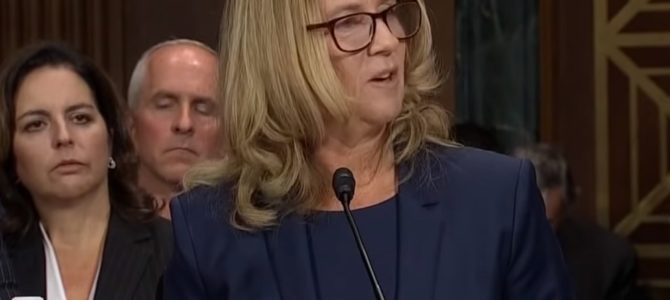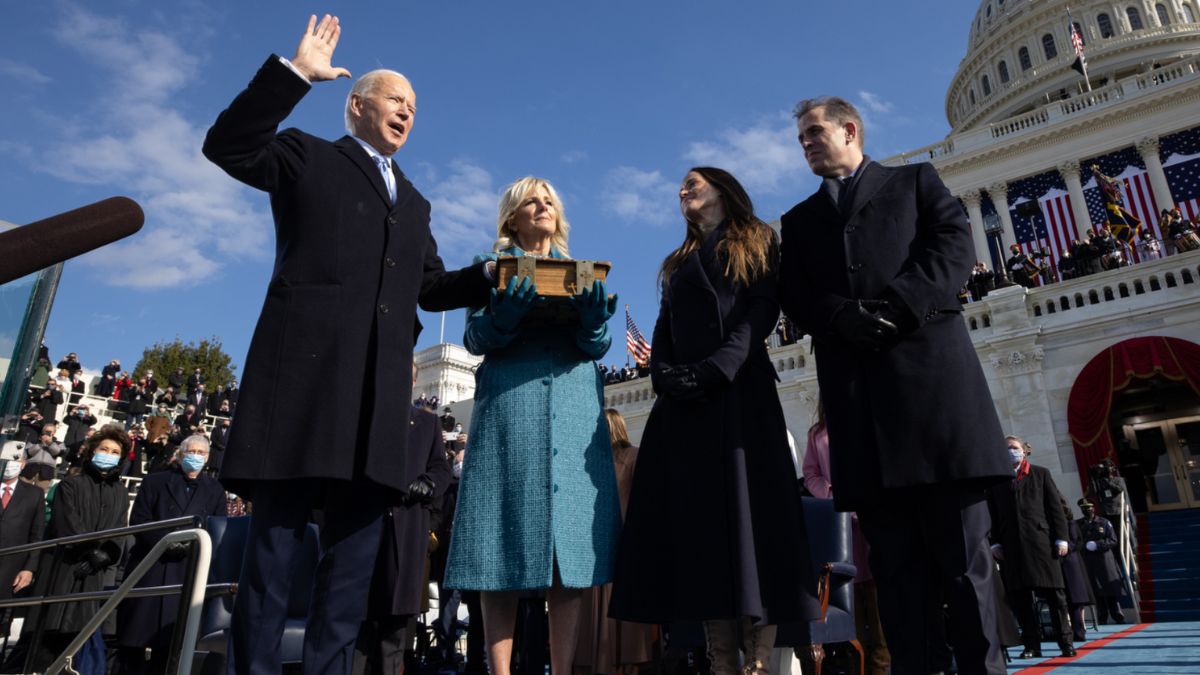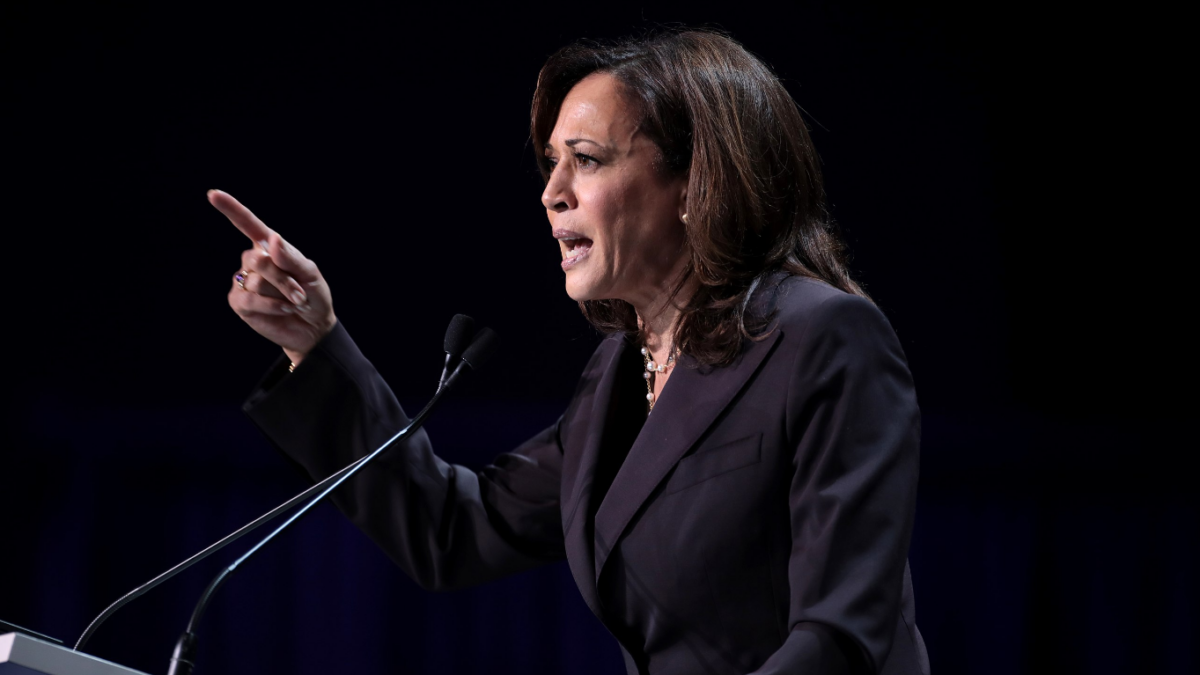Buried at the end of their new book “The Education of Brett Kavanaugh: An Investigation,” reporters Robin Pogebrin and Kate Kelly quietly admit that Christine Blasey Ford’s lifelong friend Leland Keyser did not believe her friend’s tale of a sexual assault at a party they both supposedly attended. Keyser was named by Ford as a witness, one of four who denied any knowledge of the event in question.
The book offers no evidence in support of the allegations made by Christine Blasey Ford, but, they write, their “gut reaction” was that her allegations “rang true.”
Their “gut” instinct was based on the fact that Blasey Ford and Kavanaugh grew up in the same rough area and she had dated one of his friends. Further, Leland Keyser had gone out on a date — maybe even two dates, they’re not sure — with a friend of Kavanaugh’s. “None of that means that Ford was, in fact, assaulted by Kavanaugh,” they write, “But it does mean that she has a baseline level of credibility as an accuser.” It is unclear what they mean.
The authors go on to say they have seen no evidence of Ford fabricating stories. They ignore the dramatic inconsistency between her claimed fear of flying that necessitated a lengthy delay of the reopened confirmation hearings and her stated love of global “surf travel” to remote islands across vast stretches of ocean and other distant destinations, such as Hawaii, Costa Rica, the South Pacific islands and French Polynesia. A sworn affidavit from an ex about her tendency to fly frequently and in small planes is waved away by the authors.
While acknowledging the outpouring of support from some of the world’s wealthiest and powerful people in Silicon Valley, accolades from corporate media, participation in far-left political causes, and nearly a million dollars raised in GoFundMe accounts, the authors say the only reason to come forward with an uncorroborated 35-year-old account of sexual misconduct would be because she believed it to be true.
And then, just before the book ends, the reporters drop a bombshell:
We spoke multiple times to Keyser, who also said that she didn’t recall that get-together or any others like it. In fact, she challenged Ford’s accuracy. “I don’t have any confidence in the story.”
This on-the-record quote is the first time that Keyser has spoken publicly about what was previously reported in detail in the new bestseller “Justice on Trial: The Kavanaugh Confirmation and the Future of the Supreme Court” (of which this writer is co-author).
The New York Times authors dismiss Keyser’s statement as the product of a bad memory, before noting that their unsuccessful efforts to corroborate Blasey Ford’s claims including desperately searching for a house that matched the description she gave. Nevertheless, their “gut” told them to believe her in the absence of facts.
The authors also acknowledge what had previously been reported in “Justice on Trial,” about the efforts of mutual friends to get her to change her testimony to be more supportive of Blasey Ford. The reporters say that some of Blasey Ford’s friends “had grown frustrated with Keyser. Her comments about the alleged Kavanaugh incident had been too limited, some of them felt, and did not help their friend’s case. Surely, given what a close friend Keyser had been, she could say more to substantiate Ford’s testimony and general veracity, even if she could not corroborate Ford’s more specific memories.”
A group text was formed in which friends such as Cheryl Amitay and Lulu Gonella discussed how to get her to say something more helpful to the cause. An unnamed man on the text suggested that they defame her as an addict. Keyser has been in recovery for some time, as her friends know and as has previously been reported.
Amitay answered, “Leland is a major stumbling block.” While asserting she didn’t want her to make anything up out of whole cloth, she offered ideas for things that could sound supportive of Ford’s story, such as that she’d been in similar situations with Blasey Ford that summer.
“I was told behind the scenes that certain things could be spread about me if I didn’t comply,” Keyser told the reporters, a stunning admission of the pressure to which she was subjected to by Blasey Ford’s allies.
As previously reported in “Justice on Trial,” Keyser continues to think about the story in which she was supposed to have played a part. She has both “logistical and character-driven” problems with it. Focusing on one of the angles that many women had trouble believing, she says, “It would be impossible for me to be the only girl at a get-together with three guys, have her leave, and then not figure out how she’s going to get home.”
The authors previously note that Blasey Ford suggested that Keyser might have driven her home, which they do not note is a change from her claim that she does not know how she got home. Keyser also reflects that the get-togethers of their youth were not like the one Ford described. She adds, “I just really didn’t have confidence in the story.”
Standing up to the pressure campaign to tell the truth was difficult, the reporters acknowledge. They note she had a framed copy of a magazine that bore the headline, “Was Leland Keyser the Hero of the Kavanaugh Controversy?” A GoFundMe account set up by her son says, “Despite her lifelong friendship with Christine Blasey Ford and her opposition to Brett Kavanaugh’s nomination, Keyser resisted immense personal pressure and courageously came forward with the truth, putting everything in her life at risk. As a result, she faces great personal hardship. The harsh glare of the public eye has taken a tremendous physical, emotional, and financial toll on her.”
Despite this new reporting that supports what was first reported in “Justice on Trial,” the authors downplay it as unimportant, and not something that affects their shared “gut.”









